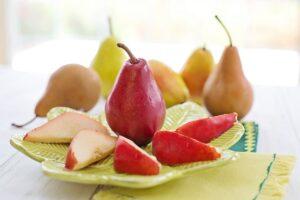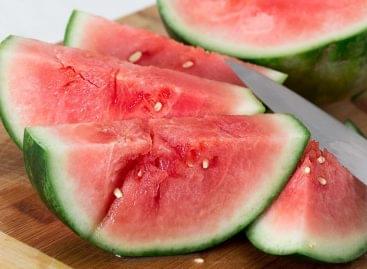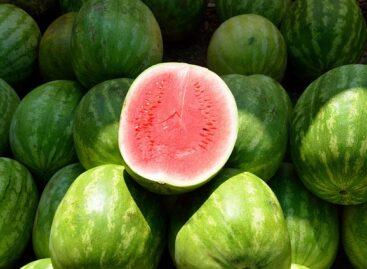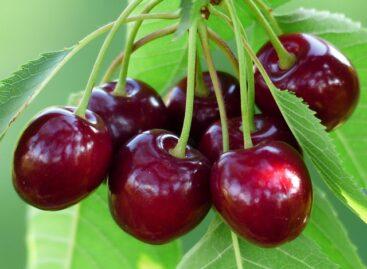The drought did not spare the pears either
This year, the lowest pear harvest of the last ten years is expected – it is clear from the overview of the National Chamber of Agriculture (NAK) and the Hungarian Vegetable and Fruit Trade Organization (FruitVeB).

In recent years, the area under pear cultivation and the amount of production in our country have continuously decreased, and a decrease in production is expected this year as well. In our country, pears are grown on 1,886 hectares, including many landscape varieties. A poor harvest was also harvested last year. This year, the weather conditions were far from optimal, and according to the overview of NAK and FruitVeB, even less harvest than last year is expected.
However, the most striking phenomenon in the long term – with the aging of the plantations and the continuous deterioration of their condition – is the decrease in yield potential.
This year, most of the pear plantations survived the spring frost damage almost unscathed, but the subsequent heat and drought were a big problem. The intense rains in May were followed by a long period of drought, and damage from the pear leaf flea had to be reckoned with. The harvest can only be acceptable with abundant irrigation, on the other hand, the early spring and the hot, dry period also brought the harvest three weeks earlier. The quality of the fruit depends on the technological level of the plantations and the combination of appropriate expertise, and is therefore highly variable; but from intensive, well-maintained orchards, beautiful goods can be brought to market. Another problem is that, due to the early harvest, the pickers had to work in temperatures of 36-38°C, and on the other hand, the cold stores were not designed for the sudden storage of large quantities of hot fruit (over 40°C).
From the point of view of plant protection, the pear aphid has been a huge problem for years, and it is becoming more and more difficult to protect against it due to the continuous withdrawals of pesticides. As with all fruits, the labor shortage is a problem for pears, especially during the harvest season. There has been no generational change in the sector, the circle of producers is narrowing, the desire to produce is decreasing, there are no new entrants.
Related news
Drought, technological competition and collaboration: the domestic melon season has begun
The 2025 Hungarian melon season starts amidst serious challenges: the…
Read more >Hungarian melons can regain their lost export markets, according to producer associations
Hungarian melons can regain their export markets, a third of…
Read more >Cherry professional day in Érd – challenges and future-oriented solutions
The Hungarian University of Agricultural and Life Sciences (MATE) and…
Read more >Related news
Drought, technological competition and collaboration: the domestic melon season has begun
The 2025 Hungarian melon season starts amidst serious challenges: the…
Read more >Leadership change at Fornetti: Nándor Szabó is the new Managing Director
Nándor Szabó will take on the role of CEO of…
Read more >Change in Zwack management: Csaba Belovai is the new CEO of Zwack Unicum Plc.
According to the decision of the owners of Zwack Unicum…
Read more >





